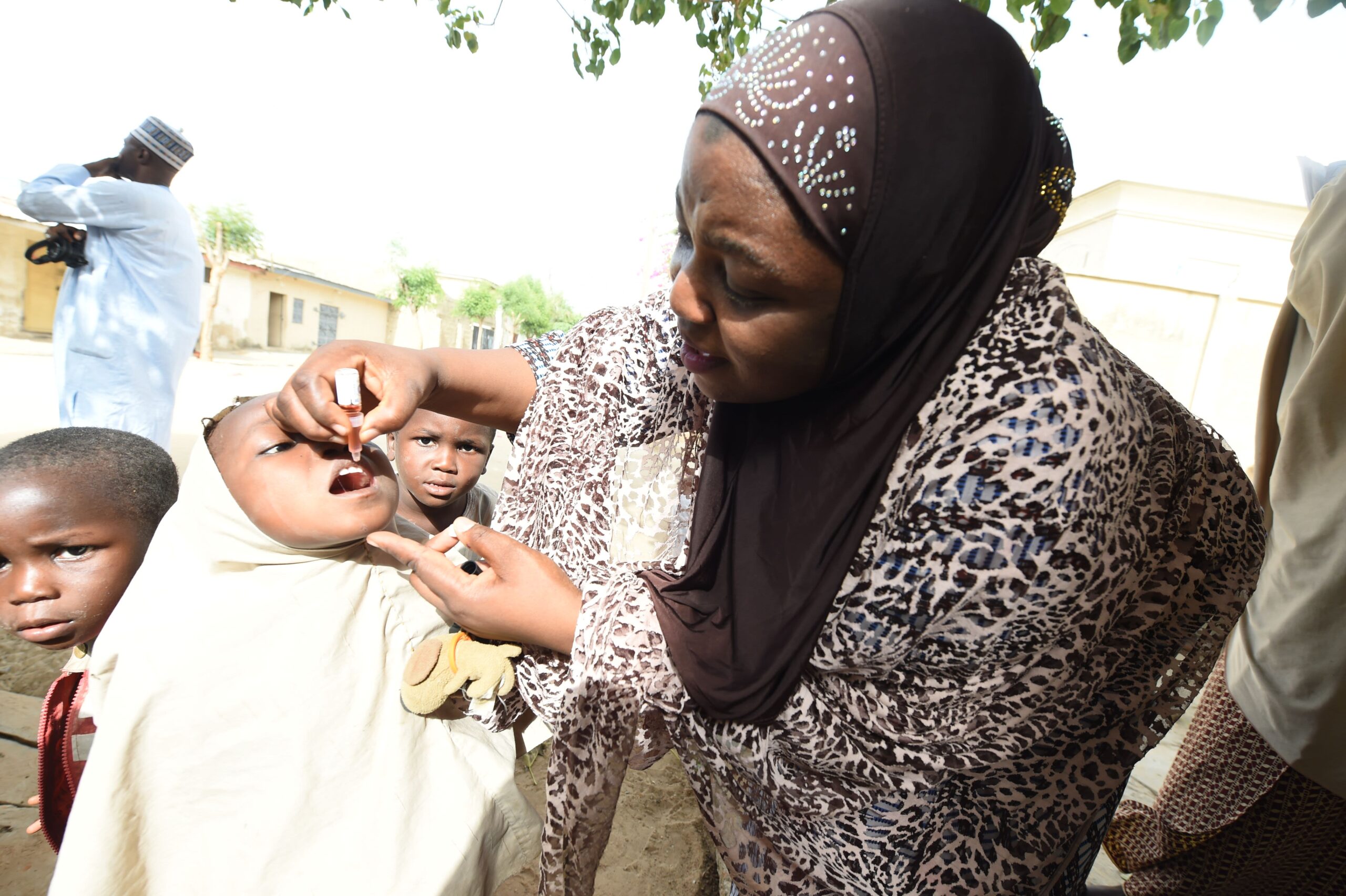The past months have seen a spike in reported cases of diphtheria–a bacterial infection that mostly affects the nose and throat.
In Kano, over 2,300 patients have been hospitalised since October alone, with over 400 admissions recorded within a single month. In Bauchi, roughly 295 admissions were recorded between late August and early November, leading to the opening of an additional treatment centre.
The recent surge in cases, according to Médecins Sans Frontières, also known as Doctors Without Borders, exposes gaps in treatment capacity, vaccine reach and access to lifesaving antitoxin.
Since 2022, Nigeria has recorded more than 43,700 cases of diphtheria, putting strain on its fragile healthcare infrastructure and leaving many communities at risk.
Health practitioners worry that the outbreak could worsen without improved vaccination systems and improved access to Diphtheria Antitoxin (DAT).
In response, Médecins Sans Frontières has partnered with ministries of health in affected states like Borno, Kano and Bauchi to scale up emergency response. In Borno, MSF teams managed over 2,500 suspected cases between July and October through home-based care and surveillance.
Expanding the campaign against diphtheria
A slew of interventions is underway to contain the outbreak. The Nigeria Centre for Disease Control and Prevention continues to lead nationwide coordination through its activated Diphtheria Emergency Operations Centre aimed at improving data collection, real-time reporting and laboratory confirmation across the affected states.
The NCDC, in collaboration with state primary healthcare boards, is strengthening routine immunisation—one notable factor driving the outbreak—and deploying rapid-response teams to hotspot LGAs.
UNICEF and Gavi, the Vaccine Alliance, have provided vaccines, logistics support and cold-chain strengthening to support the expansion of routine and reactive immunisation rounds.
Both organisations supported large-scale vaccination efforts in high-burden states like Kano, Katsina, Borno and Yobe towards the end of 2024.
These campaigns, structured in phases, utilise door-to-door mobilisers, community awareness volunteers and school-based drives to ensure catch-up vaccination among children and adolescents who had missed earlier jabs due to insecurity or system gaps.
The World Health Organisation (WHO) has also supported case management guidelines, training of health workers and laboratory testing. Its emergency preparedness and response team is providing technical assistance to state governments on forecasting medical supplies, especially DAT and antibiotics, which are still in short supply.
WHO is also involved in strengthening state-level surveillance using digital platforms for early detection and faster reporting.
On the community front, the Basic Health Care Provision Fund has trained local health workers to enhance early diagnosis and treatment of symptomatic cases.
Civil-society groups like the Nigeria Health Watch Community Network have scaled up public education through radio advisories, WhatsApp information channels and community dialogues.
The available initiatives, however, pale in comparison to the scale of Nigeria’s diphtheria crisis. The MSF has urged for increased funding to enhance the distribution of antitoxin and tackle persistent staffing shortfalls impeding emergency response.
For now, collaborative efforts and community structures are helping to prevent further lives from being lost to diphtheria.
Summary not available at this time.






